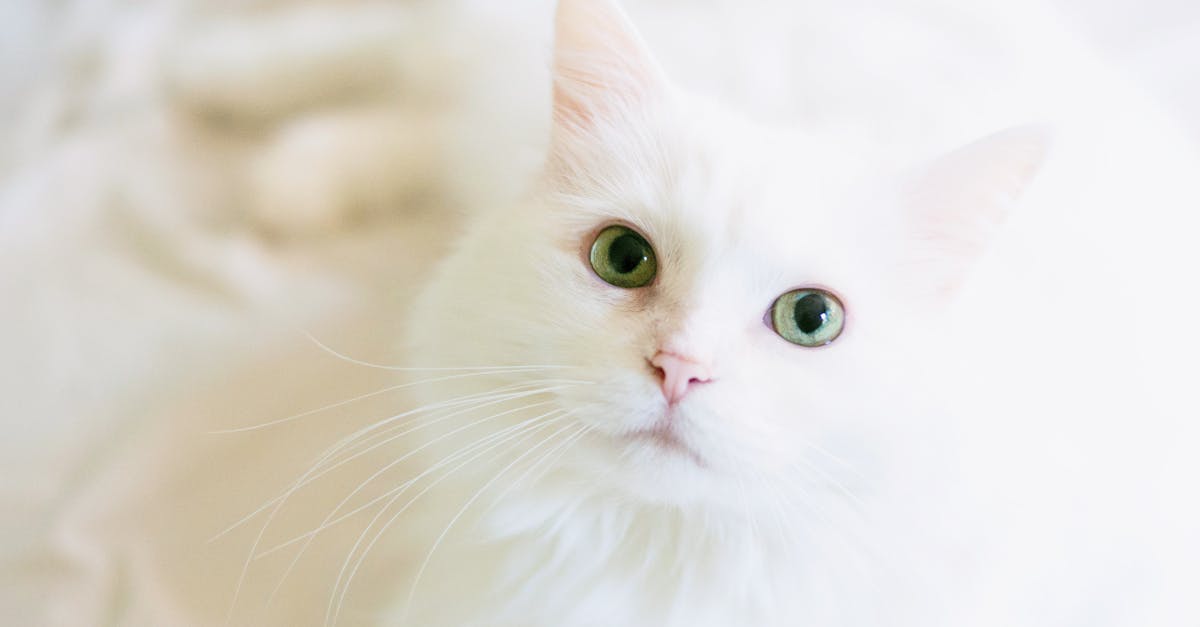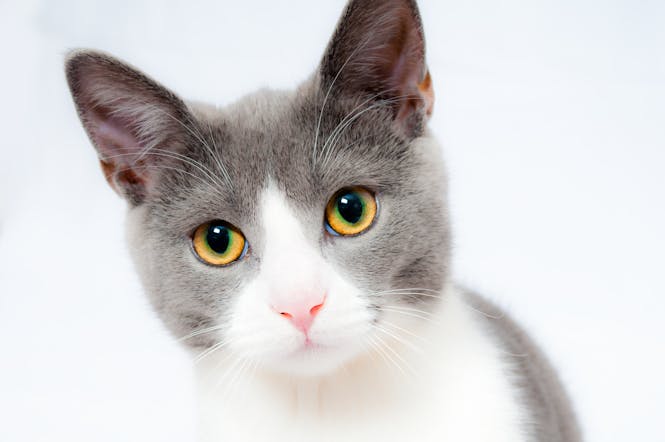Does your cat start drooling when you pet them? While this behavior might seem strange at first, it’s surprisingly common and can range from completely normal to a sign of an underlying health issue. Understanding why your cat drools while being petted can help you determine whether it’s a harmless quirk or something worth discussing with your vet. Let’s dive into the causes, symptoms, and solutions to keep your feline friend happy and healthy.
😺 Why Do Cats Drool When Petted?
Drooling in cats can be caused by several factors, ranging from emotional responses to medical conditions. For some cats, drooling is simply their way of expressing happiness and relaxation. For others, it could indicate discomfort or health concerns. Here are the most common reasons behind this behavior:
- Relaxation and contentment
- Anticipation of food or treats
- Oral health issues like dental disease
- Nausea or gastrointestinal discomfort
- Stress or anxiety
Observing your cat’s overall body language and behavior can help you determine whether their drooling is harmless or requires a closer look.
🛋️ Happy Drooling: When It’s Normal
Some cats drool as a natural reaction to feeling safe and content. This type of drooling often happens during positive experiences, such as being petted, cuddled, or even while kneading on your lap.
Signs your cat’s drooling is normal:
- The drooling is minimal and happens only during petting or relaxation
- They exhibit other “happy” behaviors, such as purring or kneading
- There are no signs of discomfort, pain, or behavioral changes
If your cat’s drooling is accompanied by a soft purr and they seem completely at ease, you likely have nothing to worry about. Some cats even develop this habit as kittens while nursing and carry it into adulthood as a way of showing pleasure.
🩺 When Drooling Might Be a Concern
On the flip side, excessive or unusual drooling can signal a medical issue. In such cases, the drooling is often accompanied by other symptoms that indicate discomfort or illness. Here are a few potential health concerns to be aware of:
Dental Disease
Dental problems like gingivitis, tooth decay, or oral infections are common causes of drooling in cats. Pain or irritation in the mouth can lead to increased saliva production.
Signs of dental disease include:
- Bad breath
- Difficulty eating or chewing
- Red, swollen gums
- Pawing at the mouth
Regular dental check-ups and cleanings are essential to prevent and treat these issues.
Nausea or Gastrointestinal Issues
Cats may drool when they’re feeling nauseous, which could be caused by an upset stomach, hairballs, or even more serious conditions like kidney disease.
Look for these symptoms:
- Vomiting or gagging
- Loss of appetite
- Diarrhea
- Lethargy
If your cat’s drooling is paired with vomiting or changes in their eating habits, consult your veterinarian.
Stress or Anxiety
Drooling can also be triggered by stress, such as during a vet visit, car ride, or exposure to new environments. In these cases, the drooling is usually temporary and subsides once the stressful situation is over.
Other signs of stress include:
- Hiding or avoiding interaction
- Excessive grooming or scratching
- Increased vocalization
- Changes in litter box behavior
Toxins or Foreign Objects
If your cat has ingested something toxic or has a foreign object stuck in their mouth or throat, drooling may be an immediate reaction. Common household toxins include cleaning chemicals, certain plants, and human medications.
Signs of poisoning or obstruction:
- Foaming at the mouth
- Difficulty breathing or swallowing
- Seizures or unsteady movements
- Sudden, excessive drooling
In these cases, seek emergency veterinary care immediately.
💡 What to Do If Your Cat Drools
If your cat’s drooling seems excessive, sudden, or accompanied by other concerning symptoms, it’s important to take action. Here’s how to address the issue:
- Check their mouth for signs of injury, swelling, or a foreign object
- Monitor their eating, drinking, and litter box habits for changes
- Reduce stressors in their environment, such as loud noises or unfamiliar visitors
- Schedule a vet visit for a thorough examination
For minor drooling that occurs only when your cat is happy, there’s usually no need for concern. However, if you’re ever unsure, a quick check-in with your vet can provide peace of mind.
FAQs
Q: Is it normal for cats to drool when they’re happy?
A: Yes, some cats drool as a sign of relaxation and contentment, especially when being petted or cuddled.
Q: How can I tell if my cat’s drooling is a problem?
A: Watch for additional symptoms like bad breath, vomiting, or changes in behavior. If the drooling is excessive or sudden, consult your vet.
Q: Can stress cause my cat to drool?
A: Yes, stress or anxiety can lead to drooling, especially during events like vet visits or car rides.
Q: When should I contact a vet about my cat’s drooling?
A: If your cat’s drooling is excessive, accompanied by other symptoms, or if you suspect they’ve ingested something toxic, contact your vet immediately.
References
- PetMD – Cat Behavioral Problems
- ASPCA – Cat Behavior Issues
- VCA Hospitals – Drooling in Cats
- Cats Protection – Dental Disease in Cats
Book a $49 online vet consultation at https://www.dialavet.com for fast, expert advice.























